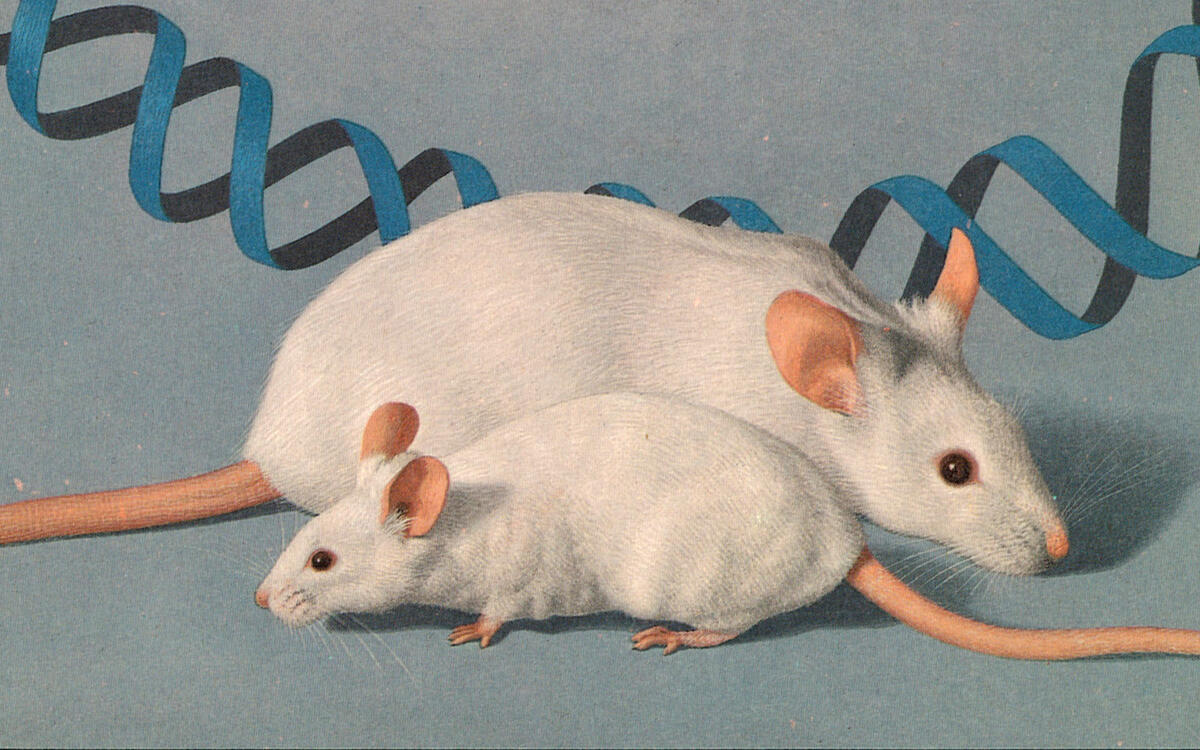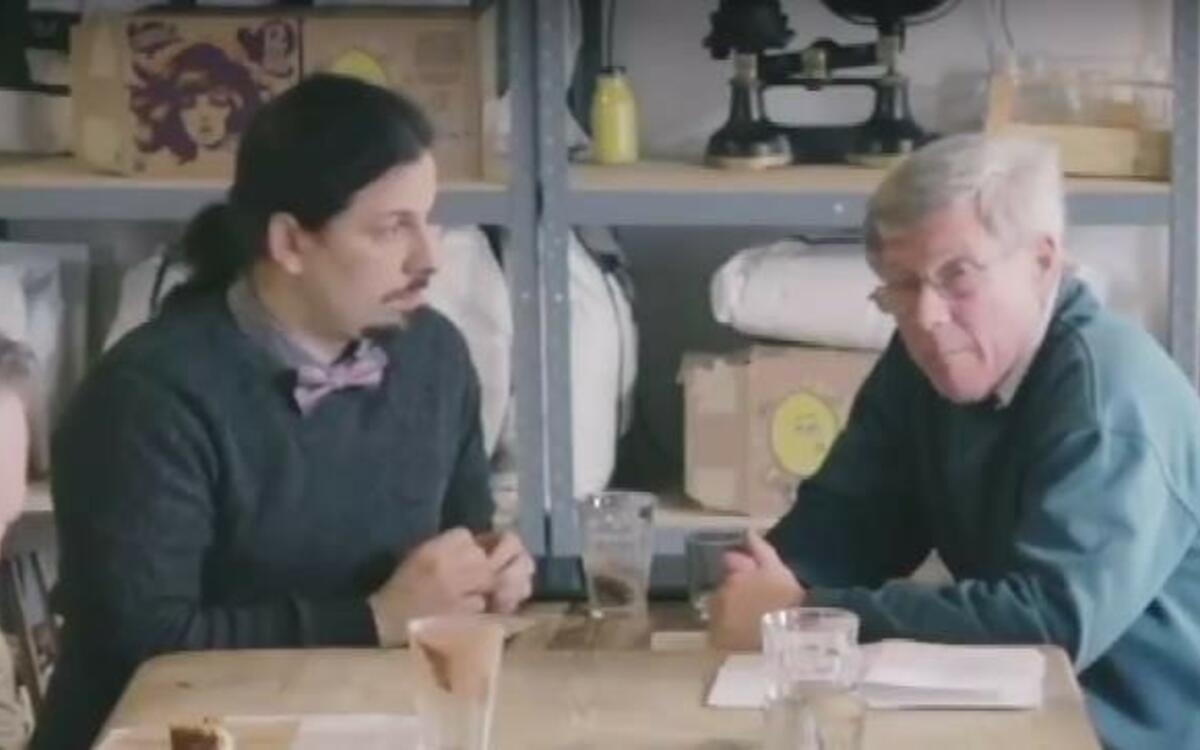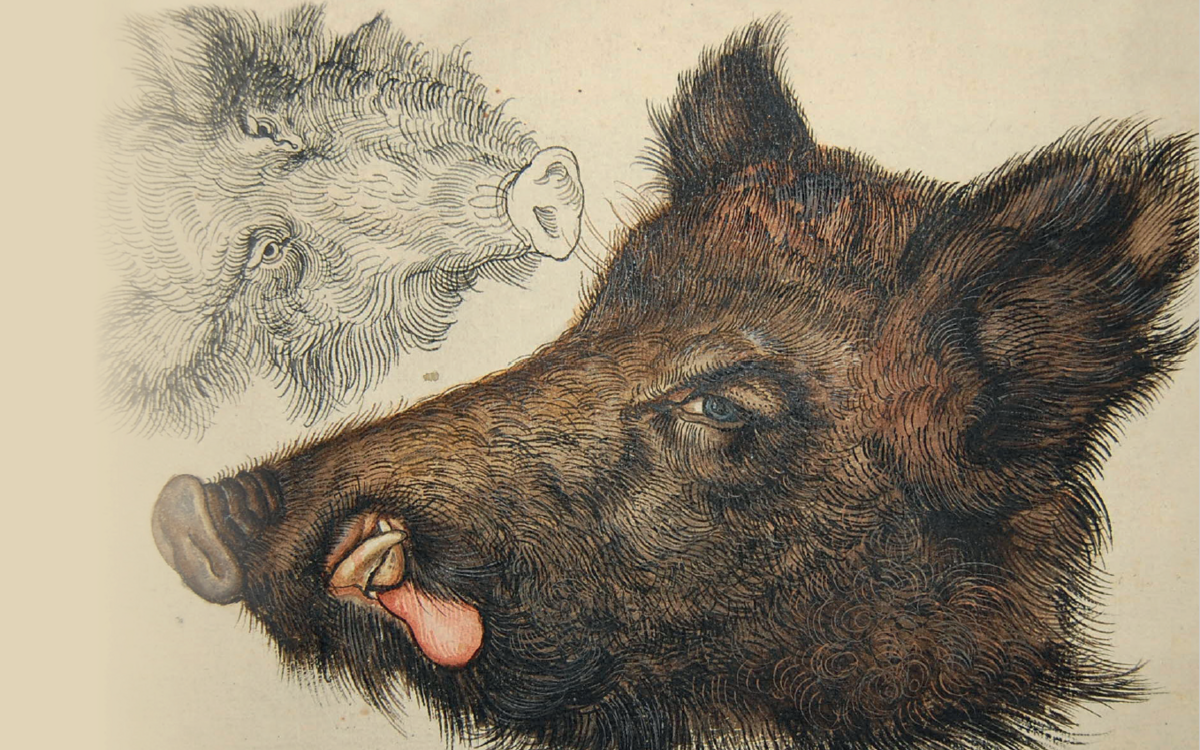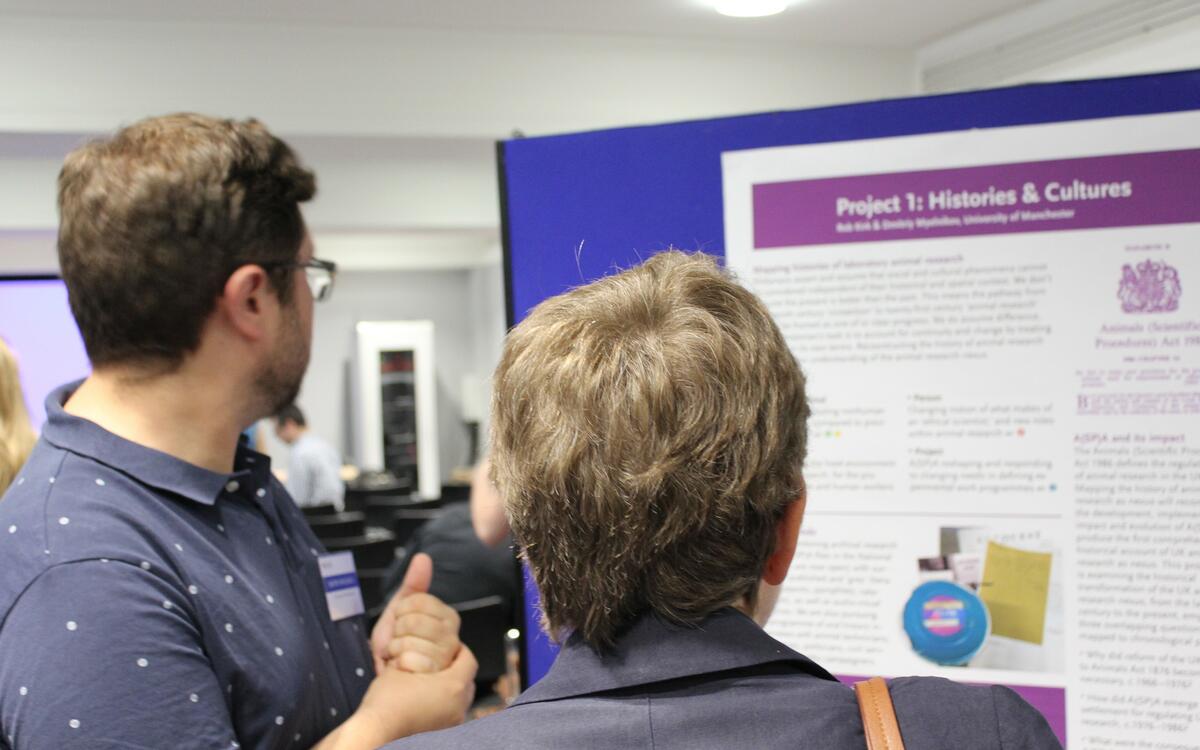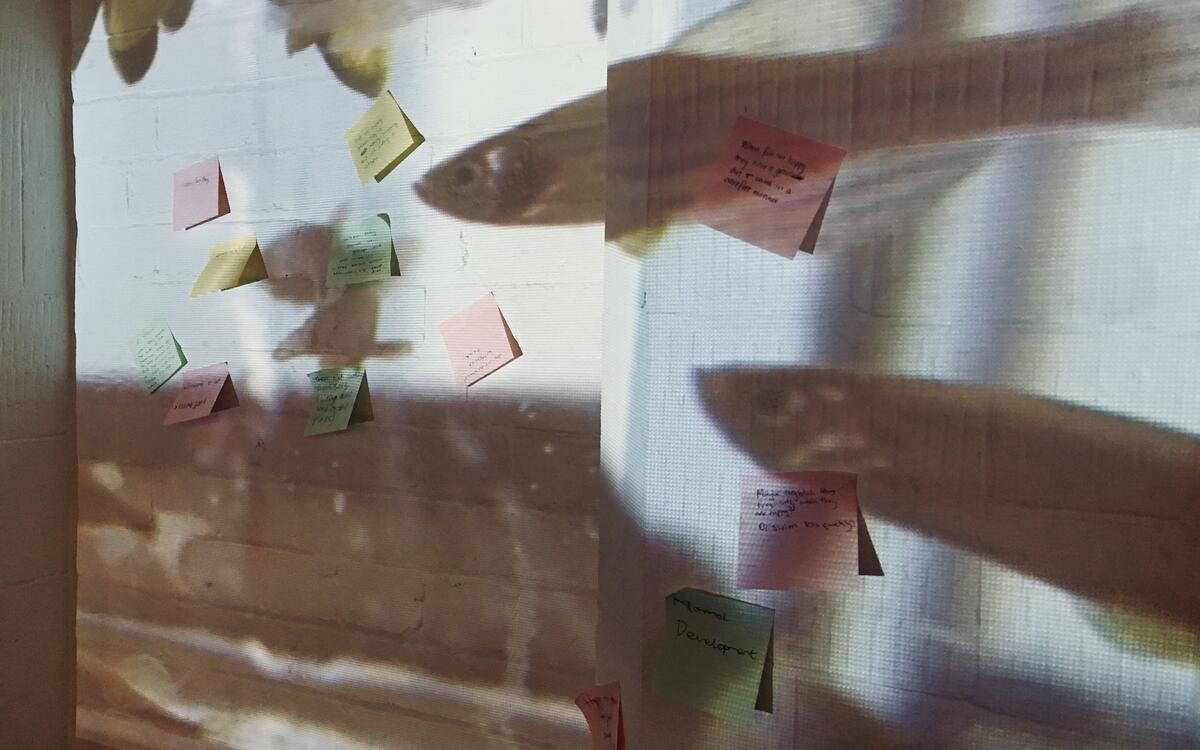Our approach to research emphasises cross-project collaborations and transdisciplinary thinking. But what does this mean, in practical terms, for the work that we do and for our participants? Here, we consider these questions in relation to sharing interview transcripts among our team. We explain how we developed practices to create shareable data, and explore its implications for participants and the way we do research.
Blogs
Animal research is fraught with controversy, and dramatic debates around the use of animals in biomedical sciences keep flaring up. As historians on the Animal Research Nexus team, we trace those public controversies, particularly the ones leading up to the UK 1986 Animals (Scientific Procedures) Act. But not all of our sources are serious – some involve surprising levity. In particular, in the early 1980s discussions around the first genetically modified (transgenic) mice in the USA, jokes abound.
Earlier this year, the MRC Brain Network Dynamic Unit invited lay members of local branches of Parkinson’s UK to visit the unit to learn more about the Unit’s research on the causes and treatment of Parkinson’s disease, and the use of animals in Parkinson’s research. It’s a great example of an organisation putting the Concordat on Openness into action.
Animal research can be a controversial issue. It involves complex questions across science, health, animal welfare, and ethics and is the subject of ongoing social and scientific debate. There have recently been moves to develop more inclusive conversations around animal research, which bring publics, patients, and researchers together. This film is an extract from one experiment in putting together a new group of people to talk about animal research.
In July 2018 several members of the Animal Research Nexus team were invited to an exciting workshop at the University of Nottingham. The aim of the meeting was to allow people researching ‘animal geographies’ from different approaches to discuss their current research.
In June 2018, several members of AnNex flew to the beautiful city of Vienna to take part in the 14th Congress of the European Society for Agricultural and Food Ethics (EurSafe) with a workshop on animal research and the question of harm benefit assessment.
At the start of this project we stated one of our key objectives was to generate new cultures of communication across science, health and animal welfare, which would shape the future of animal research in the UK. This is a big promise, so it was not without trepidation that we gathered on the evening of the 26th June at the Wellcome Collection to mount our posters and finalise presentations for our opening stakeholder workshop. Yet at the same time the excitement in the air was palpable.
The concept of openness is increasingly being used to drive change and shape debates around animal research. However, it is a complicated and nuanced concept, which can be both uniting and dividing in practice. As research becomes more open, what is excluded can become clearer. As openness becomes an accepted norm, previously successful communications can seem tokenistic. Conversely, details formerly dismissed as irreverent or emotive may find deep connection with members of the public.
The way we think about the welfare needs of animals is always conditioned by our prior experiences and preconceptions. This is especially true of fish. For the most part our interactions with fish are very restricted, so our awareness of their welfare requirements are limited and often less developed that of more familiar mammals.
In the months between being offered the PhD position and my official start date, I realised how little I knew about the practicalities of the role and what a PhD actually meant.

